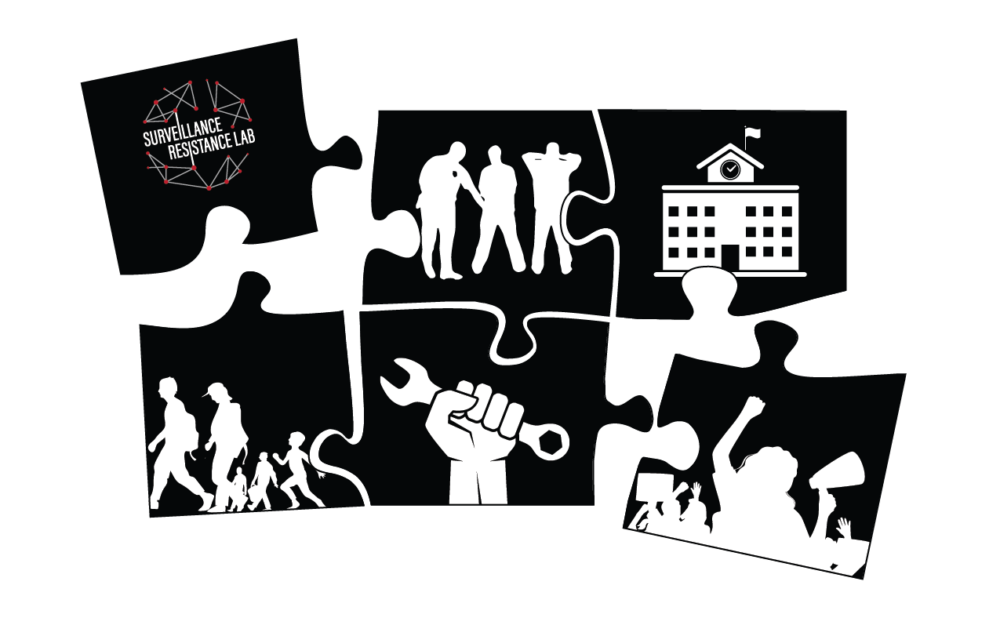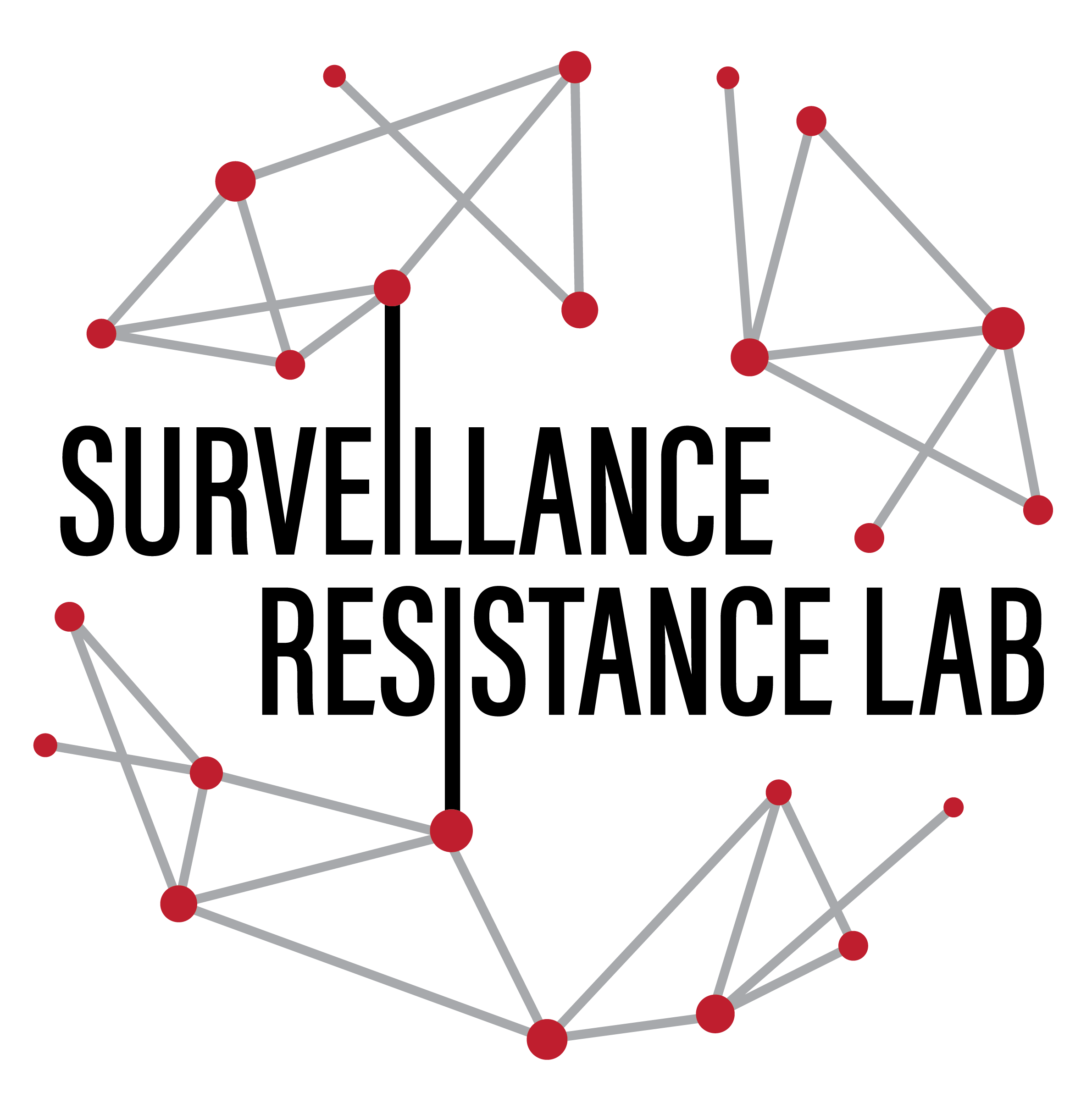Public Infrastructure, tech & Democracy

We research and create resources on how governments are procuring technologies with hidden carceral and exclusionary consequences—algorithms that limit eligibility for public services, cameras that surveil workers and protestors, and policing tools embedded in public utilities.
digital ID systems

Digital ID systems are quietly and rapidly remaking how identification documents like drivers licenses function in the United States and around the world. Digital ID systems are promoted by corporate vendors and governments as convenient ways to electronically verify identity, age, education, insurance, travel, health, and payment information. Governments are increasingly using Digital ID systems to sign people up for social services, utility assistance, tax refunds, opening bank accounts, buying products online or accessing age-restricted content. In places that have already adopted Digital ID systems, increased surveillance and exclusion from government services have been documented
